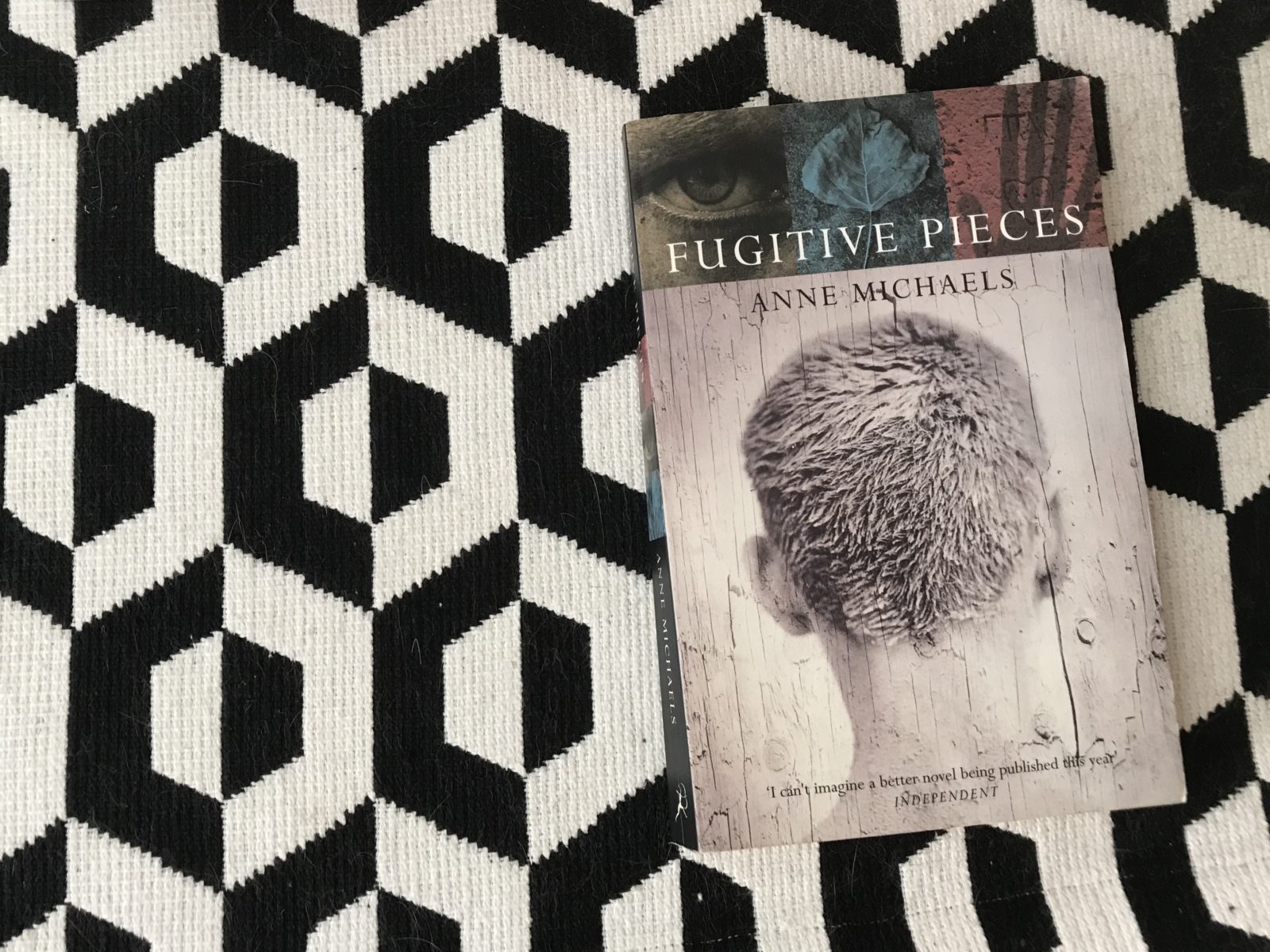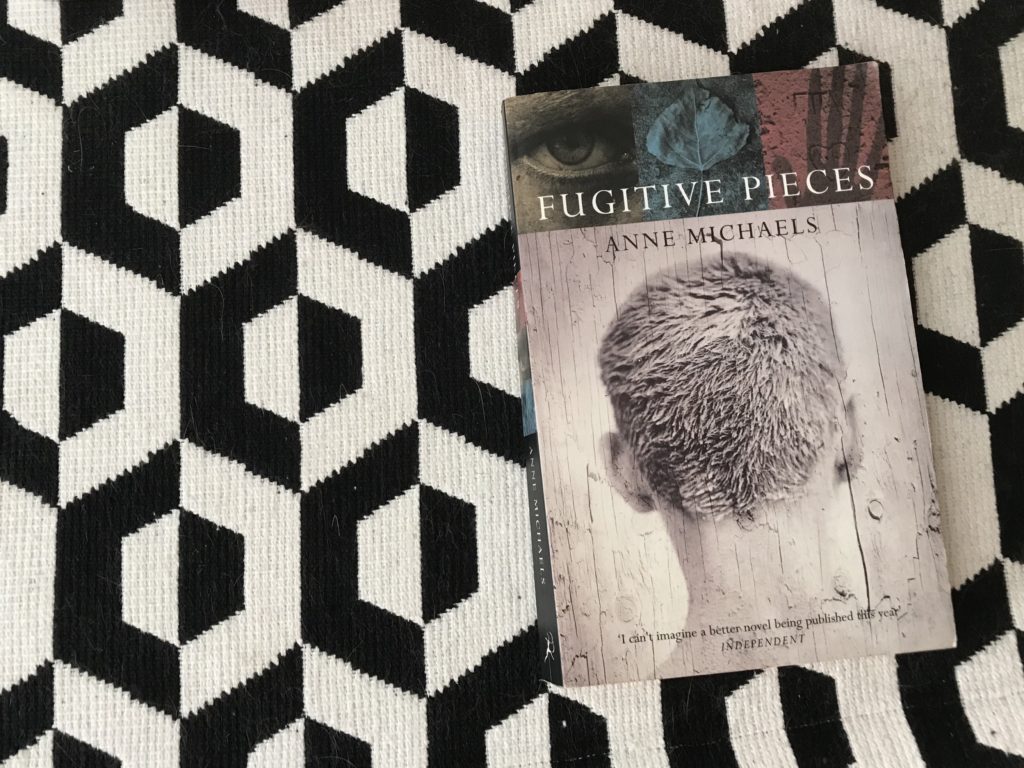The second book on my list, which won the Women’s Prize for Fiction in 1997, was Fugitive Pieces, by Anne Michaels, a Canadian poet and novelist. She has published seven collections of poetry, two novels, and various plays, and has been the poet laureate of Toronto since 2015.
Set during and after World War II in Greece and then Canada, the book is divided into two parts. The first part is narrated by a poet named Jakob as he looks back at his life to write his memoirs. Readers know from the beginning that Jakob has already died, and presume that his memoirs are unfinished. He reveals that his family was killed by the Nazis and he managed to escape, running into the woods and trying to survive until he was found by a Greek geologist who smuggles him into Greece and hides him for the duration of the war. The first part of the narration ends quite abruptly with Jakob’s happiness with his second wife, which we can assume also means his death, and picks back up with the story of a child of Holocaust survivors who was a devoted reader of Jakob’s poetry and books.
This stark contrast, of someone who survived WWII without actually seeing very much of it, and a second person who saw everything through his parent’s eyes, including the effect it had on their lives, is both very different, and at the same time, very similar. Michaels’ writing style is deeply poetic, and each sentence seems so profound as to make one stop and think, and reread, and try to continue on without the feeling of complete understanding. Fugitive Pieces won not only the Orange Prize, but also the Trillium Book Award and the Guardian Prize for Fiction, and was adapted into a film in 2007. It was her first novel.
What strikes me so far, having read these first two authors (and spoiler—the third does it as well) is the choice of male narrators or male main characters. Of course it speaks to women’s ability to write convincingly from different perspectives, but you know me—I’m eager to read from the female perspective all day every day, as much of the literature (actually, the majority) since forever has been focused on man’s plight and his point of view. It’s time for the female perspective, please.


